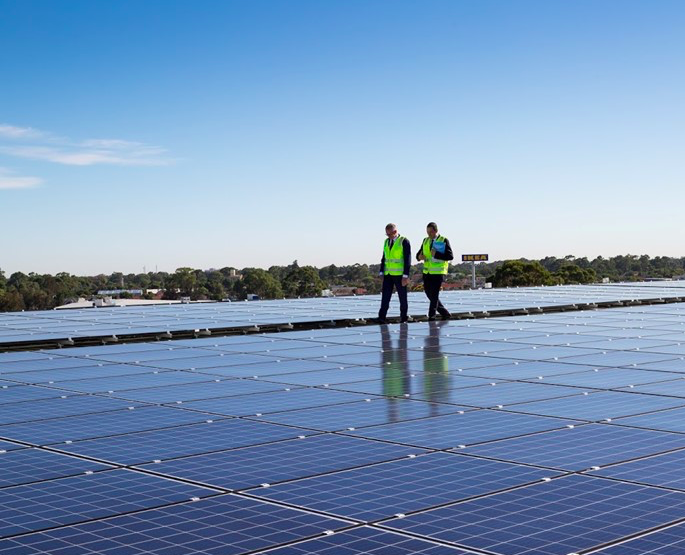In its campaign for re-election, the SA Weatherill Government is strengthening its policy settings in support of renewables. While it is already leading the way in terms of renewable penetration, with levels already approaching 50%, it has extended its ambition and introduced the country’s first energy storage target.
Renewable energy targets have become a polarising issue in Australian politics. Federal Energy Minister Josh Frydenburg has campaigned strongly against enhanced renewable energy targets, and is a fierce critic of South Australia’s renewable energy plans. He repeatedly claims the state’s renewables policies are driving up costs and compromising security of electricity supply.
Drawing on a gambling analogy Frydenburg said the 75% target shows that state premier Jay Weatherill is a “problem gambler, doubling down to chase his losses.”
Weatherill’s state government may be gambling with its support for renewables as an election strategy. It has clearly decided that more ambitious renewable goals will be a vote winner, and its 75% by 2025 target now leads that agenda. The enhanced target compliments its $150 renewable technology fund, and its 50,000-home virtual power plant project.
Some, including former Labor Party government ministers such as Graham Richardson, believe that the RET is in fact of a vote-losing policy. Richardson, now political commentator on Sky News and the Australian, says that he believes the federal Labor Party is showing signs of backing down from its 50% RET policy.
Reacting to today’s announcement in South Australia, some renewable industry observers noted that the 75% target is not a significant increase on the close-to 50% renewable penetration levels currently being achieved in SA. However, others argue that the leadership it shows sets an important example and will help foster the “economy of the future.”
If you believe the competitive energy economy of the future is clean, diversified, distributed and dynamic. Then South Australia's 75% 2025 clean energy target is exactly what building the future and leadership looks like. The rest of the world is watching, impressed. #auspol
— Seb Henbest (@SebHenbest) February 21, 2018
Speaking to the ABC, the Managing Director of Frontier Economics Danny Price disputed Frydenburg’s suggestion that renewables are driving up prices as being “completely and utterly wrong,” and “completely misleading.” Price told the ABC Radio National Drive program that it is federal policy that is behind renewables deployment right around the country, not only in South Australia.
“It is probably worth stating that the reason why more renewables are going into the market is because the Commonwealth’s renewable scheme,” said Price. “Ultimately in the medium to long term we will see new renewables in all parts of the market not just in South Australia. [This is] because of the Turnbull Government signing the Paris Agreement, which really acquires the Australian energy sector to be carbon neutral by 2050 and you can only really do that with renewables.”
The South Australian election will be held on March 17.
This content is protected by copyright and may not be reused. If you want to cooperate with us and would like to reuse some of our content, please contact: editors@pv-magazine.com.









By submitting this form you agree to pv magazine using your data for the purposes of publishing your comment.
Your personal data will only be disclosed or otherwise transmitted to third parties for the purposes of spam filtering or if this is necessary for technical maintenance of the website. Any other transfer to third parties will not take place unless this is justified on the basis of applicable data protection regulations or if pv magazine is legally obliged to do so.
You may revoke this consent at any time with effect for the future, in which case your personal data will be deleted immediately. Otherwise, your data will be deleted if pv magazine has processed your request or the purpose of data storage is fulfilled.
Further information on data privacy can be found in our Data Protection Policy.